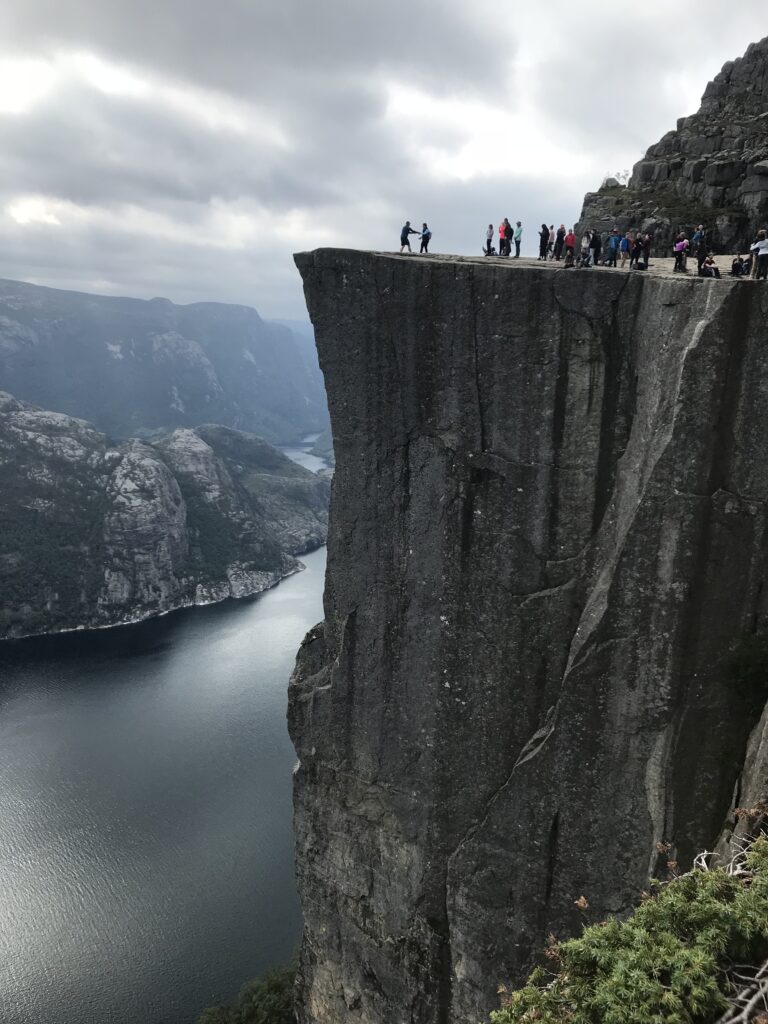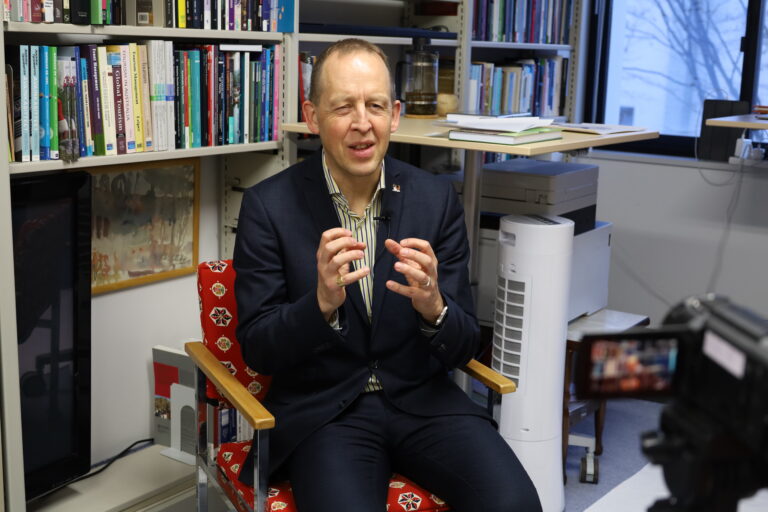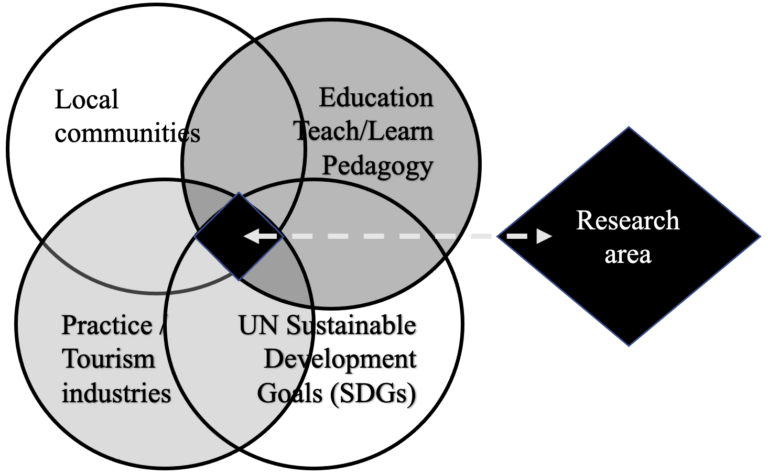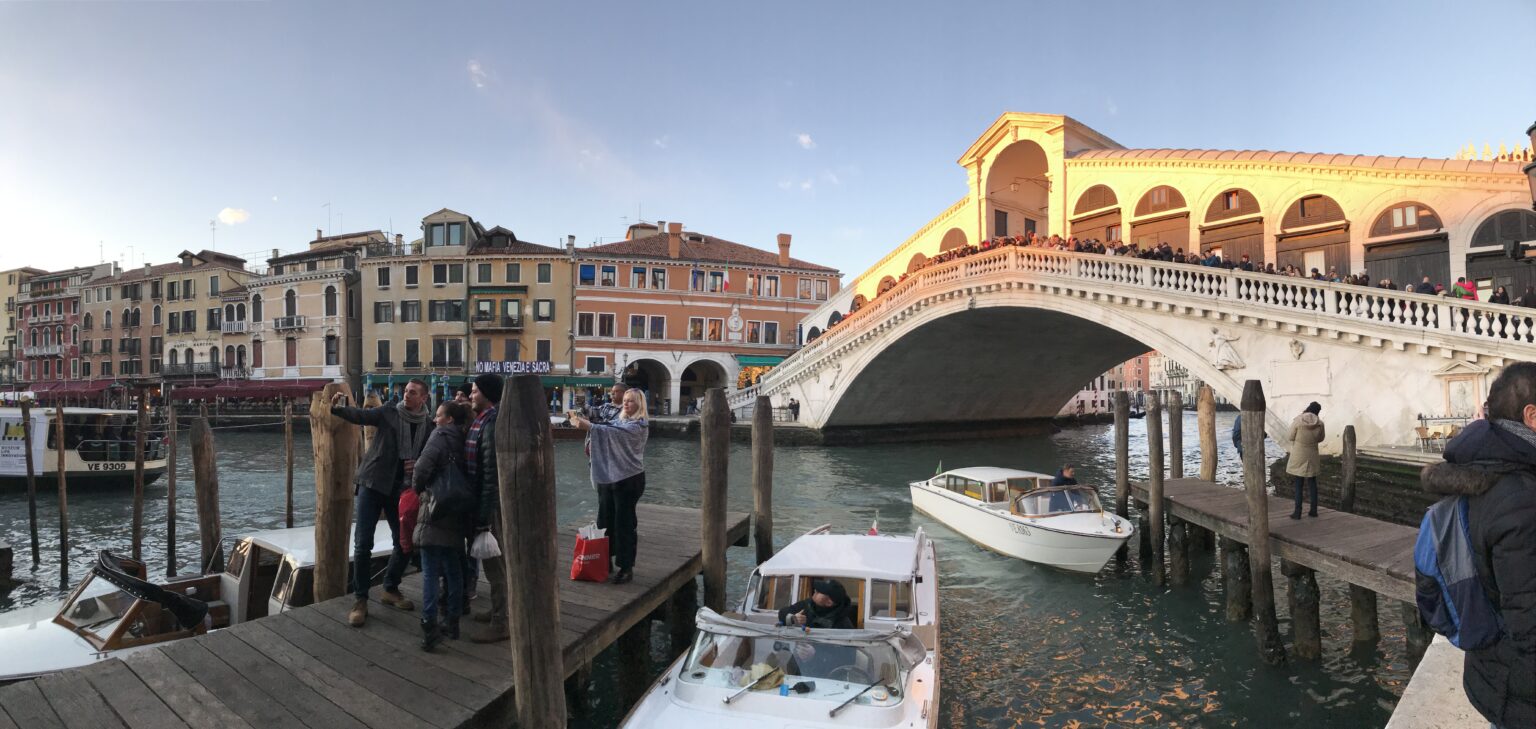Tourism forms a significant part of the economies of a number of countries across the world. It can also contribute to climate change due to the carbon emissions associated with travel and high standards of comfort expected by tourists in destinations. Professor Johan Edelheim at the Research Faculty of Media and Communication spoke about his research into the multifaceted interrelation between tourism and climate change.

Addressing historically overlooked subjects in tourism research
When I started my career in research of tourism, I had the rather naive view that “tourism is always positive.” However, I quickly realized that there were many negatives associated with tourism—and that a large number of these negative features had historically been overlooked as topics of research. Hence, I turned my attention to examining how tourism could be done in an ethical and sustainable fashion, to benefit the local people and communities at tourist destinations.
I conduct research in three broad areas: how media influences society and tourism; climate change, specifically, the impact of tourism on climate change; and minority issues, both human and animal. All my research is conducted via various learning and pedagogical methods. As a researcher in the field of social sciences and humanities, I am most interested in human activities and services created due to those activities. I investigate media products such as text, films, and advertisements, and see how they influence audiences that consume them.

Long-distance tourism is unsustainable
Tourism requires mobility—in order to take part in tourism, people have to move from one location to another. The further tourists travel, the greater the carbon emissions—and this long-distance travel is typically by airplane. In order to reduce carbon emissions without negatively impacting tourism, it is vital that we focus on local and long-duration tourism. Tourism must be constructed from local needs, and must not be based on the needs of entrepreneurs or tourists themselves—in other words, the people living at the tourist destination are the ones who should decide what kind of tourism they will offer.
Sustainable tourism is a goal, and responsibility is an action. Short-distance travel and long-term stays lead to overall lower emissions. There are a few countries, such as Sweden, which have stopped advertising tourism to far-off regions, in recognition of the net negative effects of long-distance tourism.
Current state of research and policy in Tourism
As a tourism researcher I have noticed that too much research in the field is done naïvely, purely to benefit industry. Moreover this research is predicated on the idea that growth is good—and growth is infinite. The issue is, of course, that resources on the Earth are limited. More urgently, we have reached a climate tipping point, so it is vital to revolutionize the current paradigm in tourism research.

On the other hand, policy has overtaken research. Many municipal governments at tourist destinations now charge a carbon tax on tourists and many universities have begun to impose a carbon budget on researchers that they have to account for when traveling for research and conferences. In my opinion, one of the most significant developments is the Tourism Declares a Climate Emergency initiative, a tourism-specific declaration that brings together organizations and individuals from across the tourism sector under a common goal of making tourism sustainable.
How Japan can lead in sustainable tourism
Japan is a leading tourist destination in the world, with the number of visitors on track to surpass pre-pandemic records. There are many things the Japanese government can do to make tourism truly sustainable industries. The primary steps would be to set a hard limit on the total number of tourists in any year, prioritizing conservation and the environment in the decision-making process.
In addition, the government should focus on promoting long-term stays in Japan to tourists from China, Korea, and the Russian Far East, who can reach Japan by rail and sea, rather than by air. This will drastically reduce travel emissions. The other half of this equation is that the government should stop promoting tourism to Europe and the Americas. This is not to say that tourists from these regions will not visit Japan, but that the government acknowledges the carbon emissions that result from these tourists, thus not providing them any incentives to visit Japan.

Finally, air fuel and carbon emissions from planes should be taxed. Japan has an extremely advanced and developed rail network, but the railways are currently unable to compete with airlines due to different tax regimes. Should the railways and airlines be taxed on the same bases for fuel consumption and carbon emissions, the railways would become a much more viable option.
“Nature” is a social construct
Different countries and cultures define nature differently. Nature-society interactions are important, although what is “natural” is mostly adapted or created for humans. This is not to say that nature does not exist, but that humans are part of nature, so the distinction between natural and man-made is not clear-cut.
How an individual perceives nature is indicative of that individual’s background. Finland, my country of birth, is a country with a vast amount of nature in close proximity to even the largest of cities; in comparison, Japan has cities that are so urbanized that parks are considered nature. This contrast indicates a complete difference in the way of thinking; yet again it highlights that, “nature” is a social construct, existing through societal definitions.

Encounters in nature are unpredictable. Seeing changes in nature is concerning—especially extreme weather events, how both nature and animals adapt to these changes—and sometimes fail to do so. These events show why changes to stop, and even reverse, carbon emissions are urgent and essential.
Nature is very broad. My research requires me to be situated in nature and is undergirded by a responsibility to give a voice to those without one, be they human or animal. The purpose of research and teaching is for the care of others.

The philosophies that underlie our everyday lives
Research is philosophy-based. In my research, I look at foundational philosophies: ontology (what is reality?), epistemology (what is knowledge?), and axiology (what are values?). My research deals with understanding why people and organizations perceive something to be good for themselves—why they have the values they have. I also dive deep into the categories of these values: economic values, social values, spiritual values and the like. Understanding these from a philosophical point is essential, as we live our lives based on our values, whether consciously or unconsciously.

Written by Sohail Keegan Pinto
Published on May 7, 2024


